Top 5 E-Commerce Platforms to Sell Luxury in China
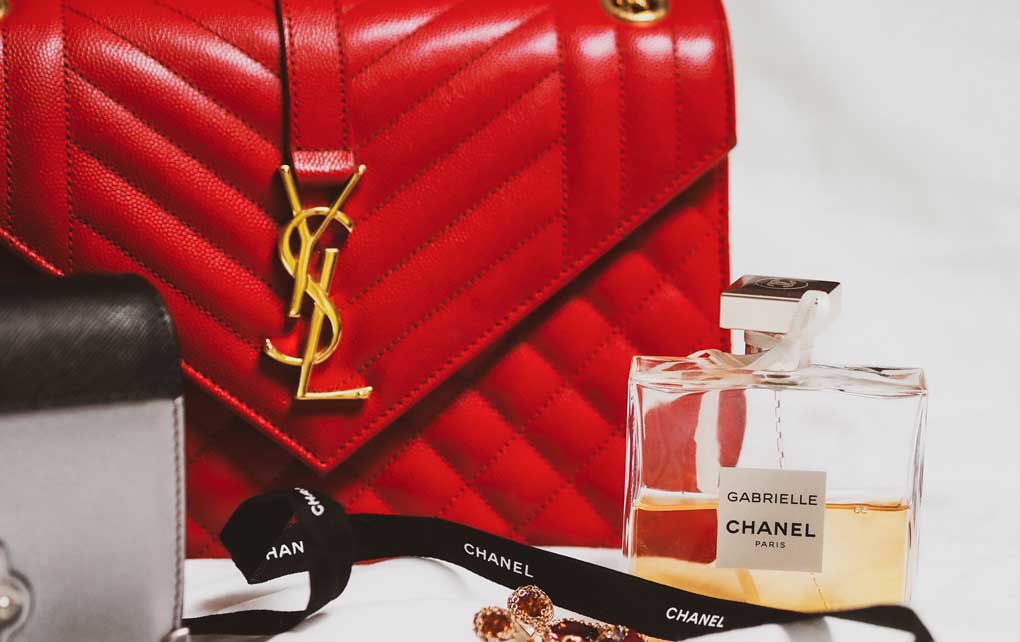
There are numerous e-commerce platforms in China, but which one is the best for selling luxury.
In this blog post, we’ll walk through five top e-commerce platforms that sell luxury items in China (Secoo, VIP, RED, Tmall Luxury Pavilion, and JD luxury platform). We’ll also let you know why the own unique benefits and disadvantages of each platform. We hope you enjoy reading about these five different options so you can make a decision quickly with confidence!
Luxury market in China
As global retailers and consumers are slowly adapting to the idea of shopping for luxury goods online, Chinese consumers love to follow fashion trends and tend to purchase top sellers, especially for foreign products. According to the report by Ruder Finn in 2016, online purchases amounted to 26% of luxury spending by mainland Chinese customers. Thus, e-commerce proved to be a major opportunity for luxury brands. Since not all of them have fully embraced online opportunities in China due to concerns over counterfeits and the idea to protect brand exclusivity, many luxury brands designate their presence on Chinese online shopping platforms through both official and unofficial channels.
Cost-Effective Agency
KPI and Results focused. We are the most visible Marketing Agency for China. Not because of huge spending but because of our SMART Strategies. Let us help you with: E-Commerce, Search Engine Optimization, Advertising, Weibo, WeChat, WeChat Store & PR.
The luxury market in China is expected to achieve a 48% growth in 2020, amounting to almost RMB 346 billion (=54 099 845 USD). A decrease in global travel because of the Covid-19 pandemic, causing national lockdowns forced Chinese consumers to buy their luxury items from national sources instead of purchasing from foreign brands, which resulted in making the domestic market climbing. This increase resulted in doubling China’s global luxury market share for 2020.
Despite the growth and spending by Chinese consumers, this could not compensate for the lost consumption of Chinese products lost overseas. With global conditions unlikely to return to normal before 2022 or 2023, most luxury brands will likely continue to see positive domestic growth next year. National brands will have until then to convince Chinese luxury consumers that domestic shopping is a better choice.
Tmall and JD.com seem to be the first names to take up a large portion of China’s online luxury retail pie. Yet below are five other popular luxury e-commerce sites international brands should know about to gain a better understanding of China’s e-luxury landscape.
1. Secoo

Founded in 2008, Secoo (寺库) is one of the largest Chinese multi-brand luxury B2C platforms. Secoo operates through both offline stores and an online mall; it has stores in Beijing, Shanghai, Tokyo, NYC, Milan, etc.
Secoo specializes in luxury clothing and accessories for men and women from big-name brands, including Burberry, Miu Miu, Hermes, Rolex, Longines, and Bulgari. Additionally, to cater to Chinese consumers’ growing desire for a high-end lifestyle, the platform introduced cars from brands such as Bentley and Porsche as well as yachts and personal jets.
The company approaches e-commerce with an omnichannel strategy, running its website and mobile app alongside offline boutiques located in both mainland China as well as Hong Kong, Milan, and Tokyo. When an order is made online, the item is shipped directly from abroad, and consumers can either have it delivered to their home or pick it up at Secoo’s stores in Beijing, Shanghai and Chengdu, where in some cases, according to L2, customers can have the authenticity of their purchases verified.
2. VIP
The most popular flash sales platform in China, VIP.com focuses on selling high-end international fashion to Chinese consumers at a discount. The VIP Shop eCommerce platform is divided into 2: one for the local app and VIP International.
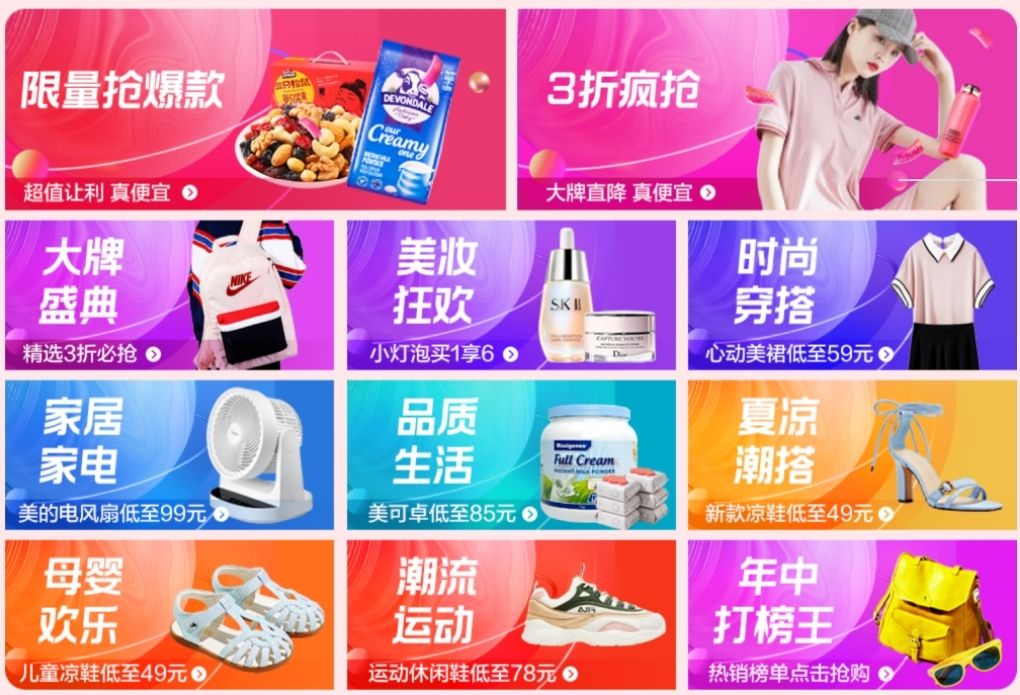
VIP International’s direct overseas procurement and its own delivery partners in Mainland China allow the company to provide low-cost services with quality customer service.
The app had 69millions active users as of 2019, and the majority of VIP users are female millennials born between 1980-1995. 38.1% of China’s online discount market share belongs to VIP. VIPshop is a go-to for top name brands on everything from makeup and apparel to clothes.
3. Xiaohongshu
Launched in 2013 as a UGC app based on customers’ reviews for Luxury and high-end products, Xiaohongshu, also know as RED quickly became the to-go place to look for information on a brand or products. As of 2020, 300 million registered users were using Little Red Book.
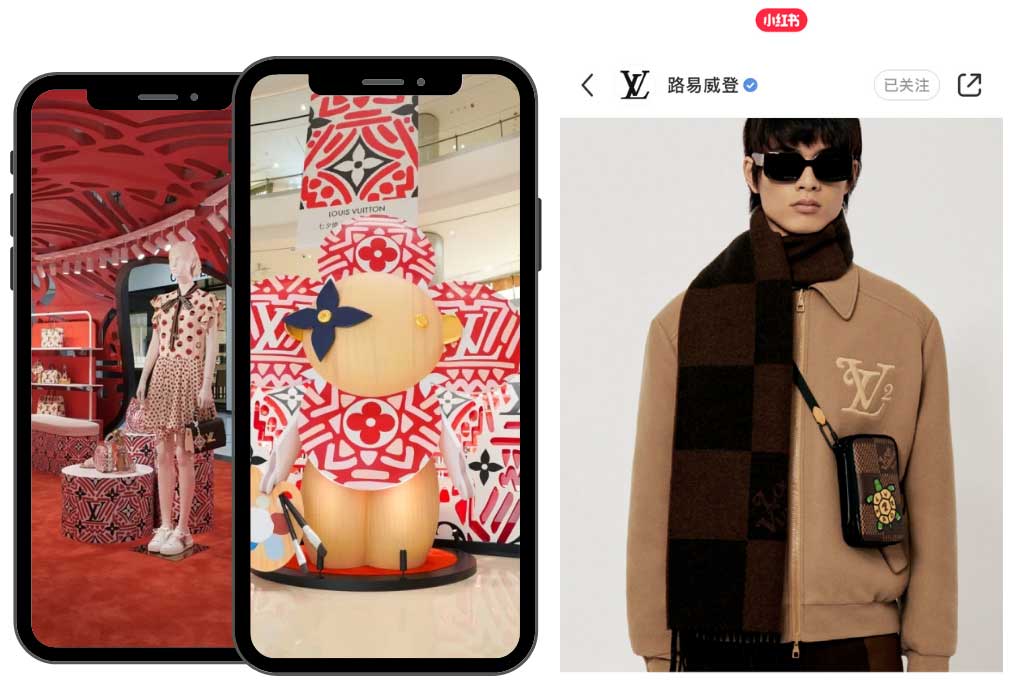
Xiaohongshu has become an important part of the pre-purchase decision process for many Chinese consumers. Users often search and read reviews on RED before purchasing a product, while some people use it to window shop by looking up fashion inspiration in categories like clothing or hairstyles. It is not unusual that Xiaohongshu becomes both an informative step during the pre-purchase journey as well as a leisure time activity for young women who are keen to explore new trends or be entertained with something glamorous at any time of day.
The app is particularly good for Luxury brands as it targets wealthy consumers from first tiers cities. After its initial success with its core content, RED launched its own eCommerce platform that brands have rapidly adopted.
4: Tmall Luxury Pavilion
Tmall Luxury Pavilion has become a privileged platform for high-end brands with over 200 already signed on as of 2021. The Luxury Pavilion is like a hidden oasis for the most exclusive brands. The entry process to get on this coveted platform is by invitation only.
Tmall Luxury Pavilion does not operate as another e-commerce storefront; instead, it is a comprehensive and tailored platform within the Tmall and Taobao eco-system. In the same vein, in order to provide the consumers with access, Alibaba has created a Tmall app icon that is only accessible by those who have been identified as luxury shoppers. Of course, the luxury pavilion is still available to everyone by simply looking for it in Tmall’s search bar.
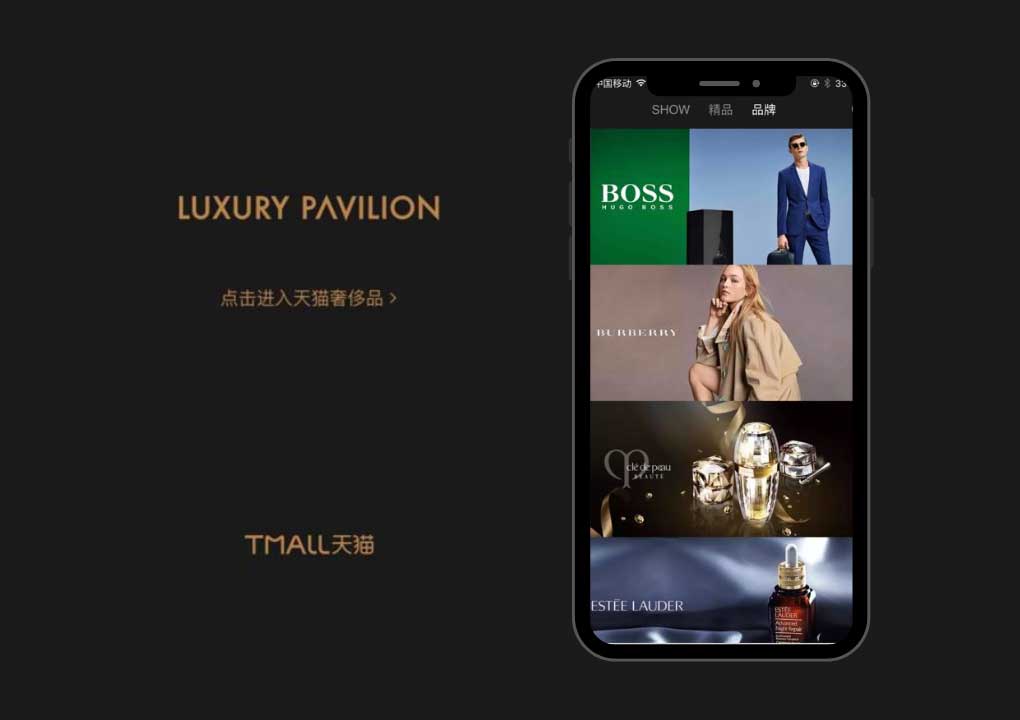
5. JD Luxury ecommerce app
JD.com’s new luxury platform is an innovative way for brands to get their products in front of affluent consumers by giving them the ability to customize a digital flagship store that complements all aspects of the brand including its design, customer service, and marketing strategy. As of 2020, JD has already partnered with over 200 luxury brands including Prada, Miu Miu, and Salvatore Ferragamo. Deliveries are also handled by JD’s fulfillment center. Originally know as Toplife, the app merged with Farfetch in 2019.
Contact us to discuss about your project in China !
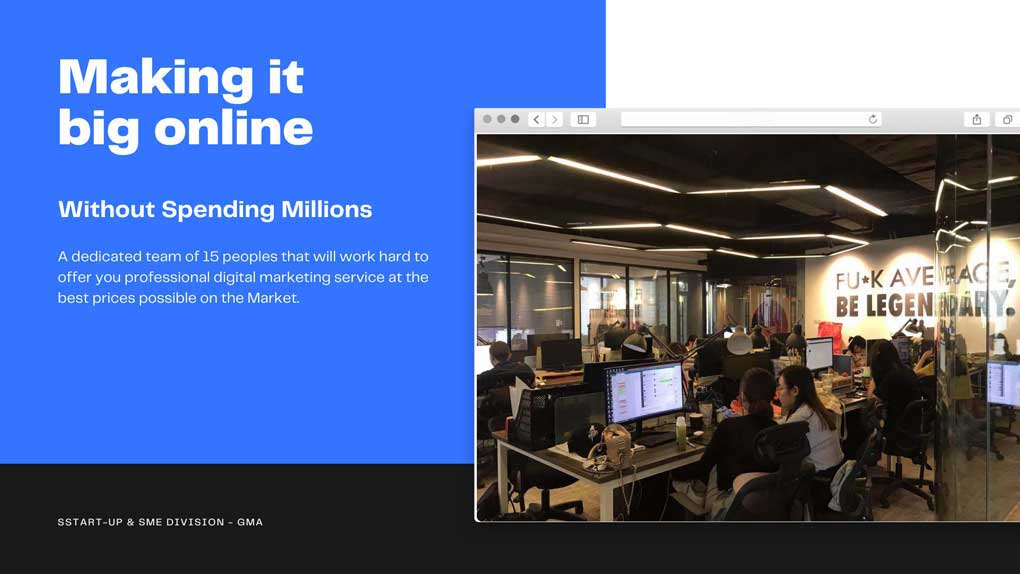
E-REPUTATION: Primordial before launching, we work together on your unique selling point, then on the social networks, and with the help of PR, we make sure that your image on the networks is totally clean and reliable for the Chinese users.
SEO: The optimization of your reference will be essential, our team of specialists will take care of your e-reputation, the management of your social networks while setting up an SEO / SEM campaign allowing you to gain places in the ranking of the Baidu Chinese search engine.
LEAD GENERATION: Our teams are professionals in lead generation. To optimize it, your e-reputation must be irreproachable. Investing in online advertising and creating quality content will help you develop your e-reputation. Finally, the evaluation of the results will be important to guide us in the next stages of your development.
DIGITAL SOLUTIONS: Website creation, development, and audit; social media marketing (including WeChat & Weibo); PR; monthly reports and analyzes by our team of experts.


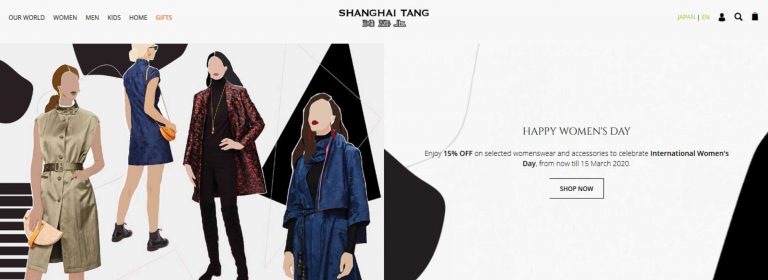
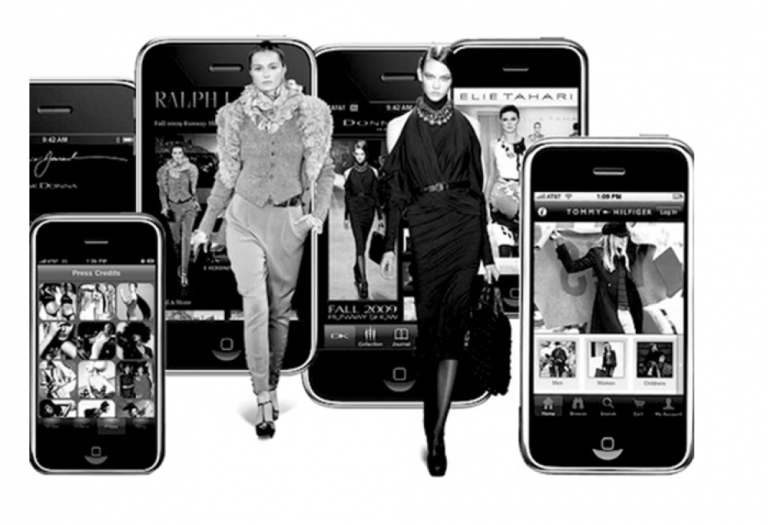
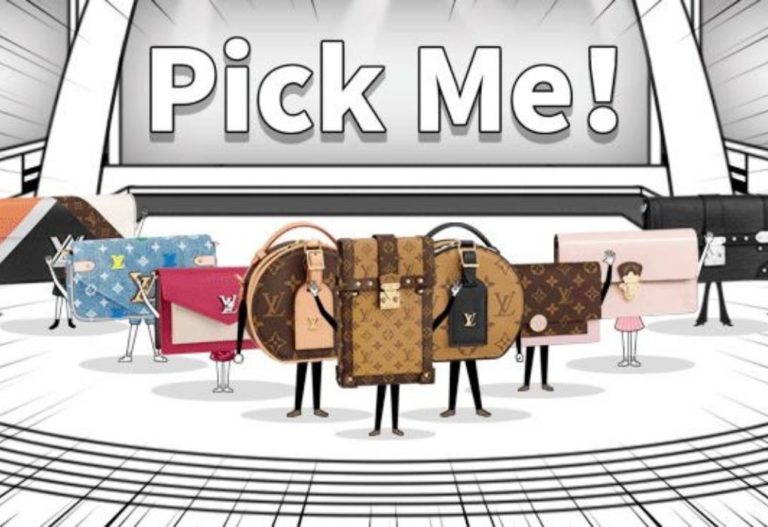
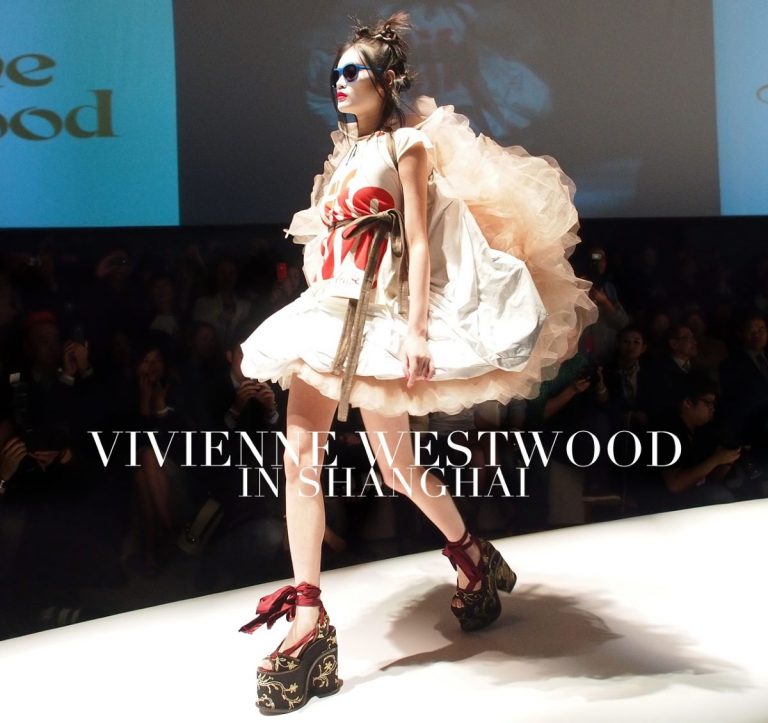
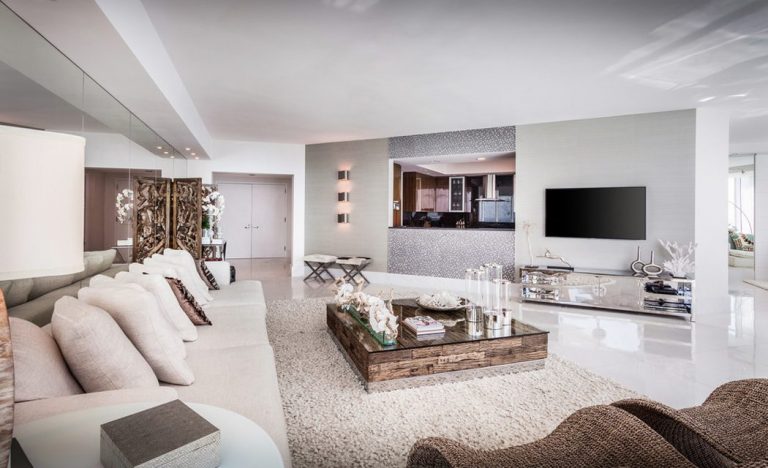
Hello,
I work for a app specialised in AR for Brands, and my company receive funds to develop the luxury brands.
We are searching to buy and resell new luxury brands to our website.
Hello I represent a luxury brand, Can you provide me the name of the website